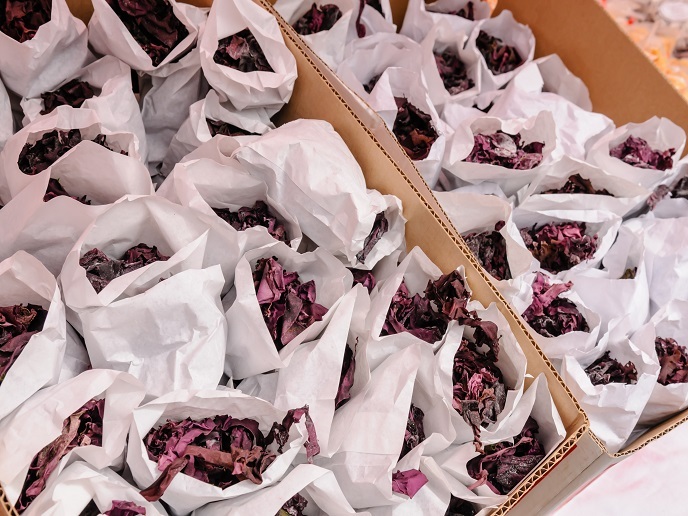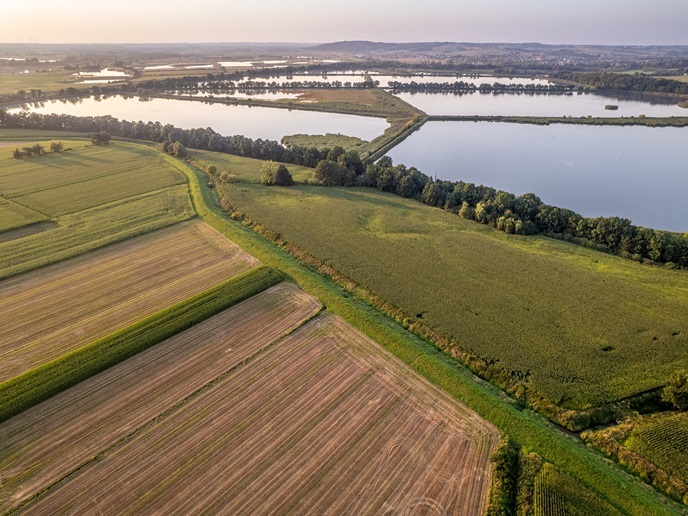Boosting plant protein in the diet to fuel human and environmental health
There is a global need, from the perspectives of sustainability, food security and health, to increase dietary intake of plant protein. Side streams from wheat and rice processing offer large underused raw material potential, and there are opportunities throughout the agro-industrial value chain to bring value to it. The EU-funded PROMINENT(opens in new window) initiative worked to extract proteins from wheat and rice processing side streams that are currently used for animal feed. PROMINENT received funding from the Bio-based Industries Joint Undertaking, a public-private partnership between the EU and industry. Extracting proteins with both wet and dry methods The research team has developed methods to bring more value to these raw materials, with a view to meeting the growing demand for plant proteins in Europe. These side stream proteins are usually mixed with other components. “That is why we developed technologies for the concentration of proteins from solid and liquid side streams and for the improvement of protein ingredient functionality,” says project coordinator Prof. Kaisa Poutanen. Project partners developed both dry and wet fractionation (separation) technologies for solid and liquid side streams of wheat and rice. They used varied technologies such as membranes and chromatography and developed three new high-protein ingredient prototypes. Tackling the inefficiency of animal protein Next, researchers developed protein-fibre hybrid ingredients that have enhanced functionality, which they demonstrated in gel and cracker food models. “The new protein ingredients were shown to be environmentally more sustainable than animal-based protein,” states Prof. Poutanen. “Still, environmental impacts are reduced only when animal products are replaced with these novel plant proteins, not if plant proteins are consumed on top of our current diets.” The team also conducted a social life-cycle assessment (S-LCA) analysis in line with the Sustainable Development Goals of the United Nations. The S-LCA is a tool used by companies to identify risks associated with the social impacts that come with a company’s activities. PROMINENT partners then developed a Social Impact Risk Map tool to help companies reach their Sustainable Development Goals commitments. “These results will pave the way towards using side streams for new plant protein-based food production to increase sustainability,” Prof. Poutanen notes. The project was not without its challenges, however, as the researchers found it difficult to work at a large scale because the raw materials and separation technologies were in different countries. They overcame this challenge by employing high levels of synchronisation by transporting the materials to where they were needed. “We had to plan very carefully and sometimes modify schedules of activities,” reports Prof. Poutanen. Looking forward Project members are currently working on finishing the scientific reporting for the project, and also on evaluating the business potential it has. One aspect that has great business potential is the wet extrusion technology, which the project is now pushing for further development. The researchers hope that the PROMINENT project will support economic growth, resource efficiency and sustainability in the European agro-food industry. “The project will open new market opportunities from cereal processing side streams, as well as new products for the consumer food market.”







